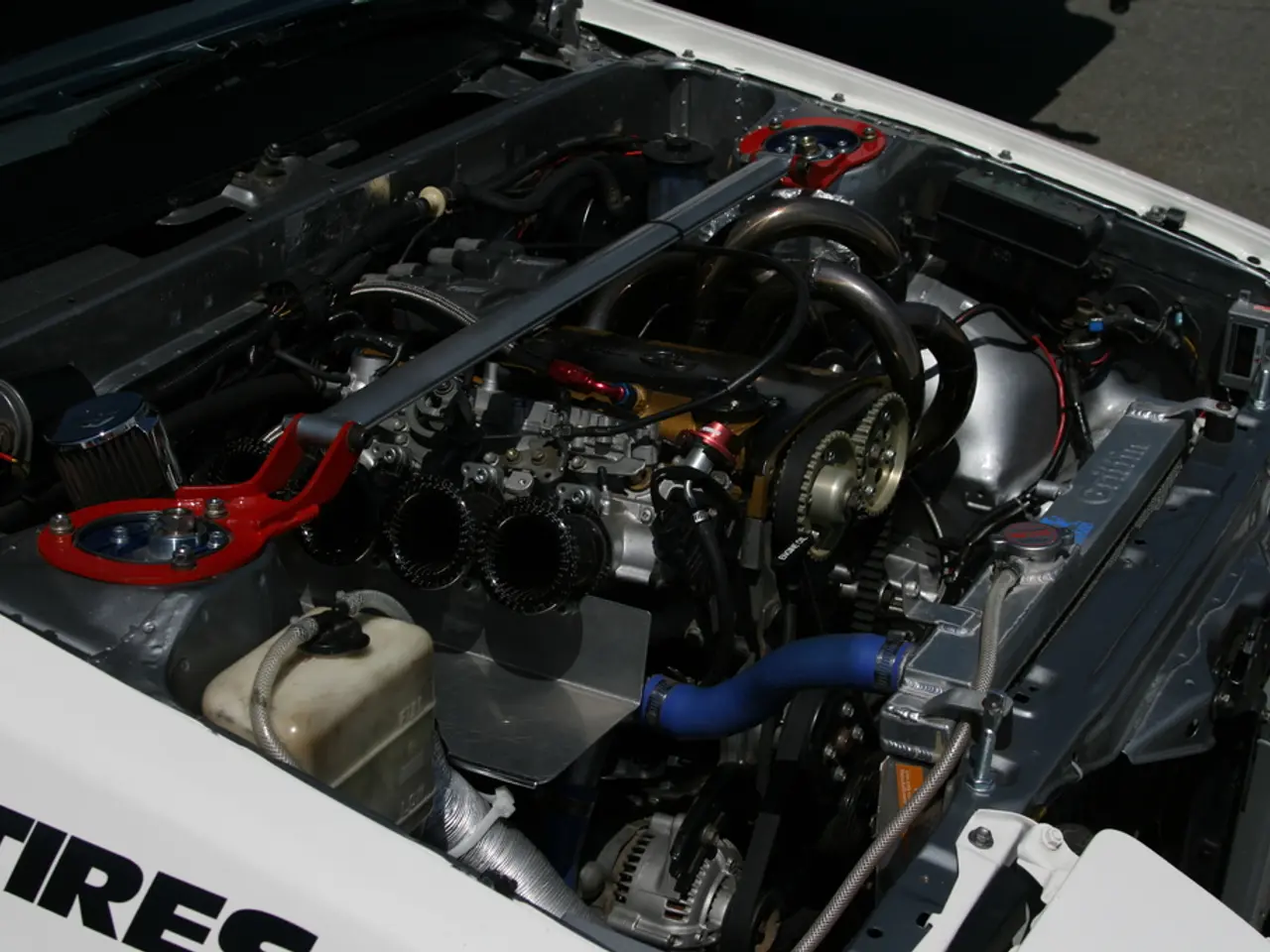BMW's Leipzig Plant Pioneers Hydrogen Use, Awaits 2027 Pipeline Connection
BMW's Leipzig plant is pioneering hydrogen use, with over 230 hydrogen-powered forklifts and tugger trains already in operation. By 2032, a vast hydrogen pipeline network is expected to span 9,000 kilometers, transforming energy supply for industries nationwide.
Currently, BMW uses fuel-flexible burners in its paint shop, with ten such burners in operation for three years. However, the plant relies on truck deliveries of hydrogen in pressure bottles. This is set to change from mid-2027, when the Leipzig plant will become the world's first car production site to receive hydrogen via a pipeline.
Petra Peterhänsel, head of BMW Group Plant Leipzig, anticipates that this pipeline supply will enable larger-scale hydrogen use, particularly in energy-intensive processes like paint shop dryers. BMW has signed contracts with Mitnetz Gas and Ontras Gastransport for the pipeline construction and network connection, aiming to integrate the plant into the nationwide hydrogen network. While the completion date for the connection to the national network is yet to be announced, BMW's commitment to hydrogen as a sustainable energy source is clear.
BMW's Leipzig plant is at the forefront of hydrogen adoption, with a significant increase in usage expected by 2032. The pipeline network's expansion will not only benefit BMW but also pave the way for broader industrial use of hydrogen, marking a significant step towards a more sustainable future.







